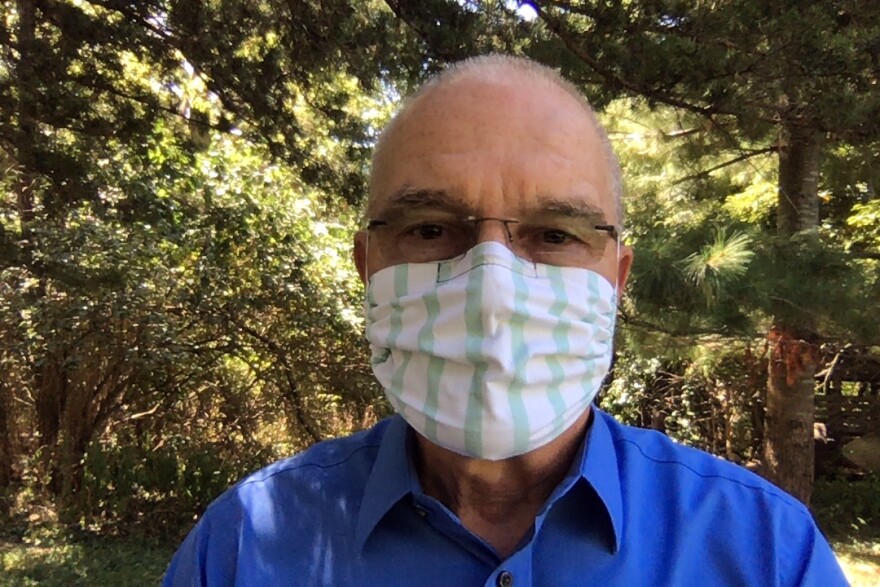Do we have a right not to wear a mask in light of COVID-19? We sometimes use "right" in a moral sense, as in the Declaration of Independence. In the Declaration, we claim certain inherent human rights, which we used to justify a new nation, including its constitution and the revolution necessary to establish it as an independent nation.
If we have a moral “right” not to be harmed by others, that right can be seen as derived from those same inherent rights, including rights to life and the ability to pursue happiness. If we have a right not to be harmed by others, we also have a corresponding moral duty to protect others by wearing masks when the spread of COVID-19 is possible. This duty applies to all people even those without symptoms because it is possible to spread COVID-19 before we exhibit symptoms.
There are, of course, other moral arguments that reach the same conclusion, including those based on religious or philosophical ideals.
Alternately, we sometimes refer to legal rights. Consider an analogy.
Jon is crossing a street and Bill is driving a car down that same street and is headed straight toward Jon. Jon and Bill both have the same legal rights, which include freedom of movement, life, and bodily integrity. If it is possible to avoid injuring Jon (by slowing down or stopping) and Bill fails to do so, he is held liable for Jon’s injuries (barring extenuating circumstances).
Bill could also be held liable if he was negligent. As example, if he knowingly drove with faulty brakes.
Bill’s right to freedom of movement is constrained by Jon’s right to bodily integrity, and this constraint is enforced by criminal and civil law.
Following this analogy, a person who has COVID-19 and doesn’t wear a mask is intentionally putting others at risk of injury or death and thus liable for harm they caused. We can also be held liable for some behavior that puts others at risk even without actual harm. As example, shooting a rifle across a public road.
Because COVID-19 can be passed by someone without symptoms, all persons are at least negligent when they fail to wear a mask in public. This analogy points to a legal duty to mask and thus no right to go unmasked.
Analogies aid us in thinking about rights but do not define them. Legal “rights” are defined by legislatures and courts, which are normally slow processes and will surely not inform our decisions to mask in the near future.
Regardless of how we answer the question of rights, there is a more important question that we should ask ourselves. We should each ask, “How much discomfort or embarrassment am I willing to contend with in order to protect the lives of my fellow humans?”
The answer a person gives to this question illuminates their commitment to the well-being of other human beings, regardless of whether they see themselves as having any specific right to not mask, and regardless of whether they actually possess any relevant rights, moral and/or legal.
Dave Babcock is from Fort Madison. He is a PhD candidate in the Philosophy Department at the University of Iowa
The opinions expressed in this commentary are not necessarily those Western Illinois University or Tri States Public Radio.
Diverse viewpoints are welcomed and encouraged.




